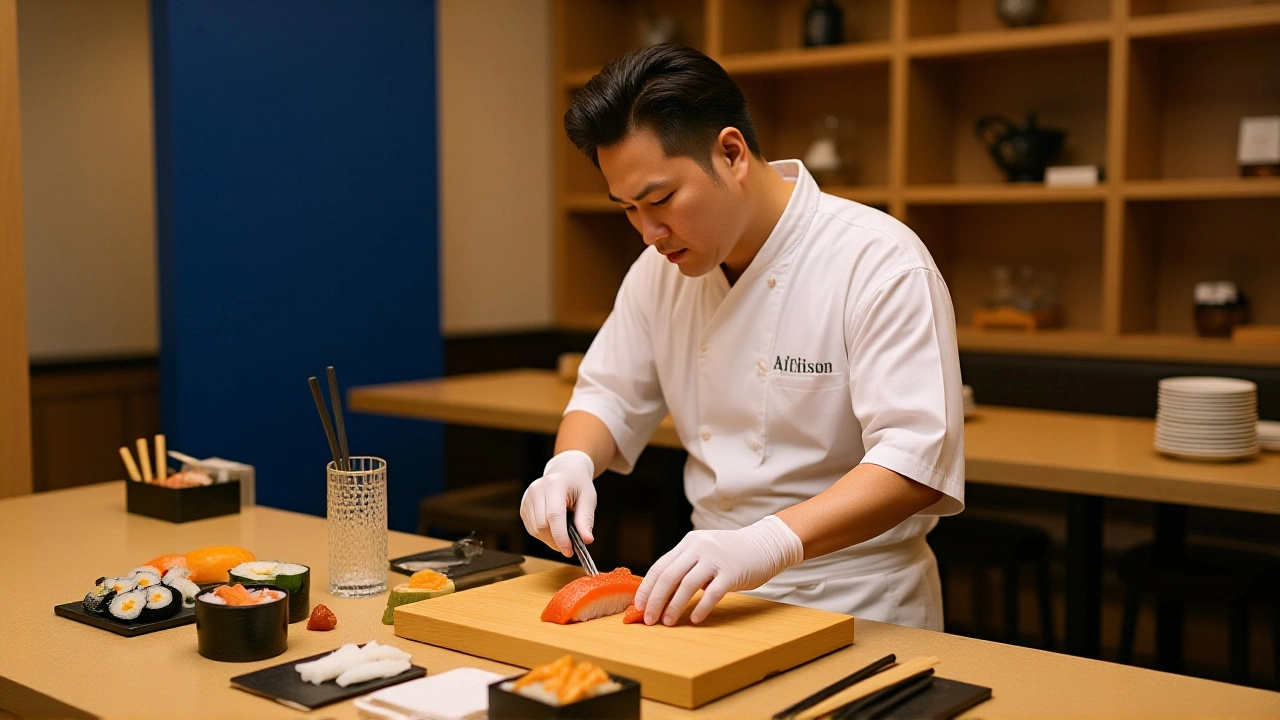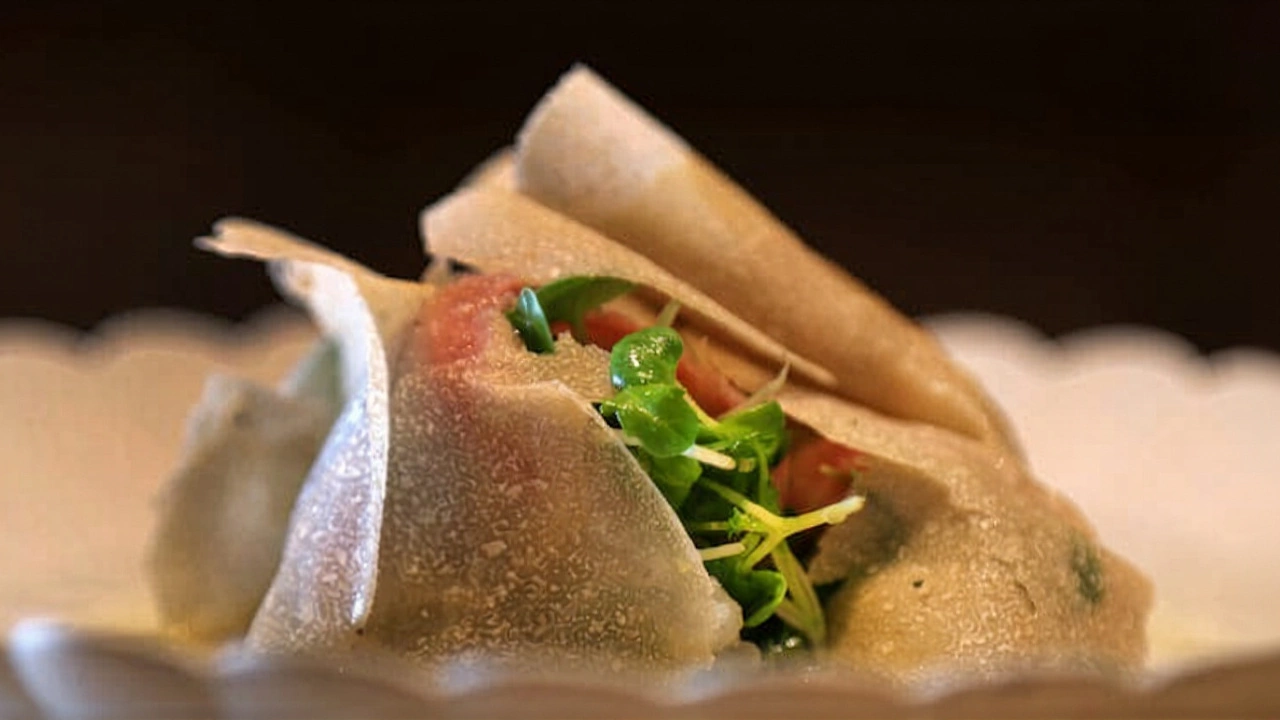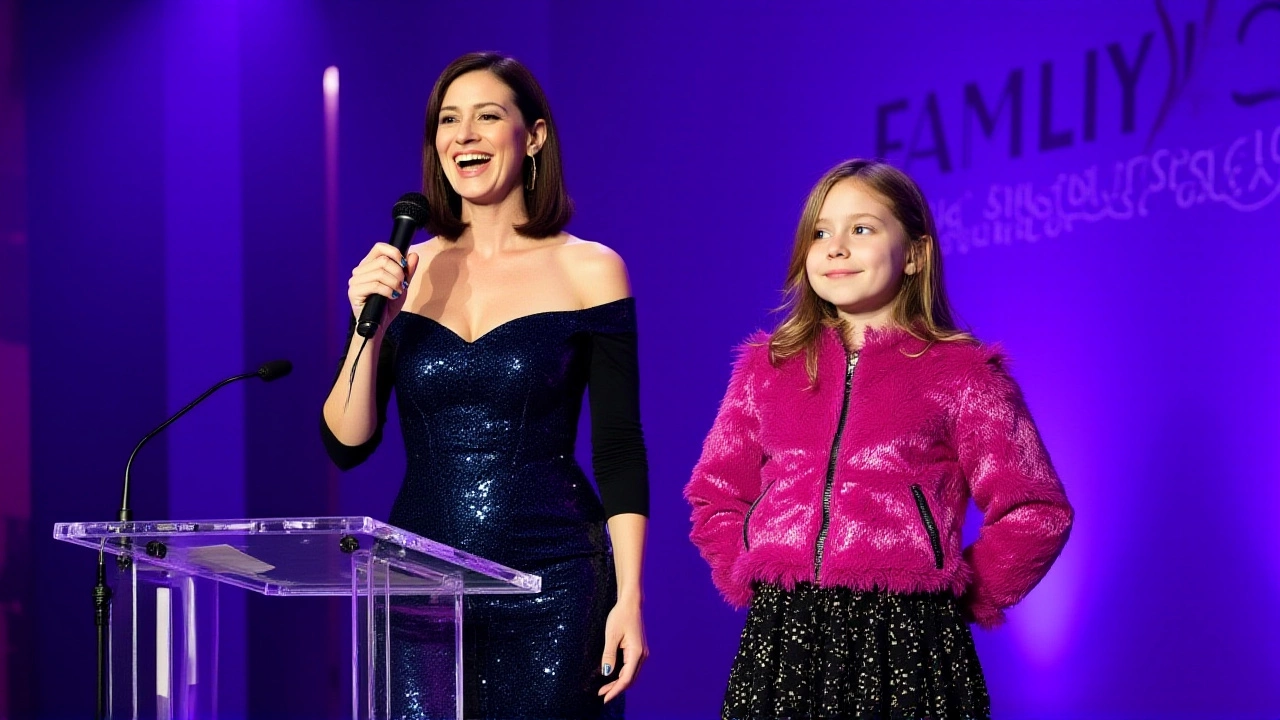The Big Sister Association of Greater Boston — better known as Big Sister Boston — is preparing for its most important night of the year: the Big In Boston Gala, set for , at City Winery in Boston. The event isn’t just another fundraiser. It’s the lifeline for hundreds of girls across Greater Boston who rely on one-on-one mentoring to navigate school, self-doubt, and the pressures of growing up in a world that doesn’t always see their potential.
Why This Gala Matters More Than Ever
More than 80% of Big Sister Boston’s annual budget comes from private donations — and the gala accounts for a huge chunk of that. Without it, programs in STEM, career readiness, and emotional wellness could shrink or vanish. The organization serves girls aged 7 to 24, pairing them with trained adult mentors who show up — week after week — not as saviors, but as steady companions. These aren’t casual meetups. These are relationships that last years, sometimes decades. One alumna, now a civil engineer, told the Boston Globe last year that her Big Sister was the first person who asked her, "What do you want to be?" — not "What are you good at?"
What makes Big Sister Boston unique? It’s the only affiliate in the national Big Brothers Big Sisters of America network that serves girls exclusively. While other chapters run co-ed programs, Big Sister Boston designs everything around the specific emotional and social needs of girls — from navigating social media pressure to finding their voice in male-dominated fields. Their "Sister Source" online platform, for teens and young adults, offers peer support, career tools, and mentor training — a model now being studied by nonprofits in Chicago and Philadelphia.
A Legacy of Impact
The organization’s track record speaks volumes. In 2015, Big Brothers Big Sisters of America named Big Sister Boston its National Agency of the Year — not just for growing its numbers, but for deepening the quality and longevity of its mentoring matches. Back then, they served about 800 girls. Today, that number has climbed to over 1,400. And the retention rate? Nearly 75% of matches last two years or more — far above the national average.
That success didn’t happen by accident. It came from listening. When girls said they wanted more access to female role models in tech, Big Sister Boston launched its "Code & Confide" program with local women engineers. When teens expressed anxiety about safety walking home from school, they partnered with the Boston Police Department to create "Safe Passage" mentoring walks. These aren’t buzzwords — they’re real, responsive programs.

The Funding Reality
Money doesn’t come from grants or government contracts. It comes from people. The 36th Annual Car Raffle, the Jamaica Plain Open Streets event, and the "FUN" (Fierce Urgency of Now) gathering all help — but the gala is the engine. Last year’s event raised $2.3 million. This year’s goal? $2.7 million. Tickets, available via OneCause, start at $150. But many donors give far more — and not just for the dinner. Some sponsor entire mentoring relationships for a year: $1,200 covers a girl’s monthly activities, transportation, and materials.
"We don’t need more volunteers," says Executive Director Lisa Tran. "We need more people who understand that a girl who has someone who believes in her doesn’t need a miracle. She needs consistency. And consistency costs money."
What’s Next? Collaboration or Competition?
Here’s the twist: Big In Boston 2025 is already scheduled — but not by Big Sister Boston. It’s set for , at the Omni Hotel in Seaport, and hosted by Big Brothers Big Sisters of Eastern Massachusetts, Cape Cod, & the Islands. The two organizations serve overlapping geographies. Both work with girls. Both rely on private funding. And both are quietly exploring ways to collaborate — possibly even merge.
"We’re not rivals," says Tran. "We’re both trying to solve the same problem. If combining forces means more girls get mentors, then we’re open to it. But the mission has to stay centered on girls. That’s non-negotiable."
For now, the October 16 gala remains the focal point. And for the girls who wait for their Bigs to show up after school — the ones who whisper, "I don’t think I can do this" — that night isn’t about champagne or hors d’oeuvres. It’s about proving someone out there believes they can.

Community Roots, City-Wide Reach
Big Sister Boston’s work isn’t confined to downtown. Programs thrive in Jamaica Plain, Hyde Park, Dorchester, and Roxbury. The Hyde Park Open Streets event on August 11, 2024, will feature mentor-led art stations and STEM demos for kids and families. These aren’t side projects — they’re core to the mission. "We meet girls where they are," says Program Director Jamal Carter. "Not where we think they should be."
That’s why the organization’s vision — "a mentor-rich community in which every girl has access to the individual nurturing, guidance, and support she needs to become a confident, competent and caring adult" — isn’t just a slogan. It’s a promise. And this October, Boston has a chance to help keep it alive.
Frequently Asked Questions
How does the Big In Boston Gala directly help girls?
Every dollar raised at the gala funds direct mentoring services: monthly activities, transportation stipends, educational materials, and staff training. Last year’s $2.3 million supported 1,400 girls across 14 Boston neighborhoods. A $1,200 donation covers one girl’s full-year mentoring program — including access to STEM workshops, college prep, and mental health resources.
Why is Big Sister Boston the only all-girls affiliate in the Big Brothers Big Sisters network?
Founded in 1975, Big Sister Boston carved out its niche by recognizing that girls face distinct challenges — from body image pressures to underrepresentation in STEM — that co-ed programs often overlook. Their gender-specific curriculum, developed with psychologists and educators, has become a national model. Other affiliates have since adopted elements of it, but none have matched its exclusivity or depth.
What happens if the gala doesn’t meet its fundraising goal?
If the $2.7 million target isn’t reached, the organization may have to cut back on outreach in underserved neighborhoods like Mattapan and East Boston, reduce the number of new matches, and pause new program launches like the upcoming "Digital Safety Circle" for teens. Staff would likely face furloughs — meaning fewer mentors get trained, and fewer girls get matched.
Who are the typical mentors in the Big Sister Boston program?
Mentors come from all walks of life — teachers, nurses, engineers, artists, and even college students. The only requirements? A background check, 12 hours of training, and a commitment to meet with a girl at least twice a month for a year. Many mentors are women who once had a Big Sister themselves. Others are men who’ve seen how crucial female role models are in a girl’s development.
How can someone donate without attending the gala?
Donations can be made directly through the Big Sister Boston website or via OneCause. Supporters can also fundraise on their own — by hosting trivia nights, fitness challenges, or birthday fundraisers. Corporate sponsorships are welcome too. Every $50 provides a girl with a month of STEM supplies; $300 covers her transportation for a year.
Is there a difference between Big Sister Boston and Big Brothers Big Sisters of Eastern Massachusetts?
Yes. Big Sister Boston serves only girls and operates independently. Big Brothers Big Sisters of Eastern Massachusetts, Cape Cod, & the Islands serves both boys and girls. While they’re separate entities, they’ve begun sharing resources and exploring a possible merger to reduce duplication and expand reach — a move that could reshape mentoring in Greater Boston by 2026.
